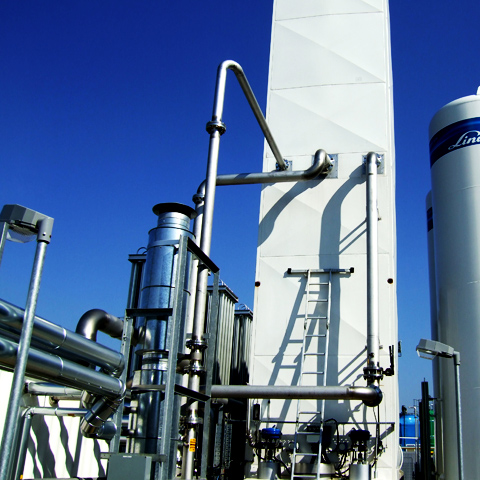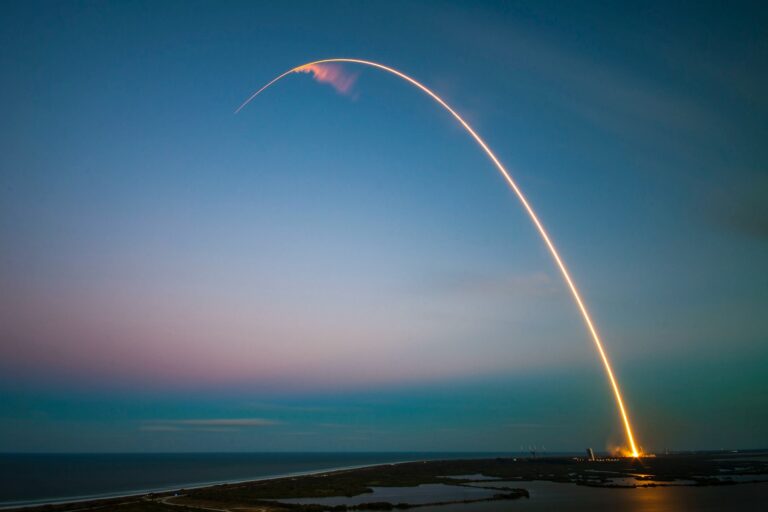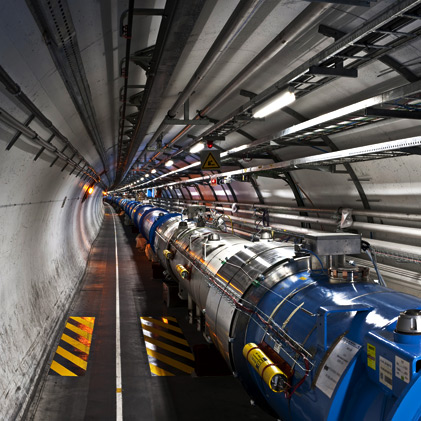Helium is a non-renewable resource, meaning that it is not replenished on a human timescale. The majority of the world’s helium is produced in the United States, Russia, and Algeria. The largest reserves of helium are found in natural gas deposits, and it is extracted during the production of natural gas. The global demand for helium has been increasing in recent years due to its use in a variety of applications such as MRI machines, semiconductor manufacturing, and as a coolant in nuclear reactors. However, the global supply of helium is limited and it is expected that supplies will become increasingly constrained in the future. Add to this the Russia-Ukraine war and the supply deficit is only worsened.
Helium One Global (LON:HE1), a London-based company, believes Tanzania can become a major supplier of helium, a colorless gas that is used for a range of high-tech applications such as MRI scans, satellite instruments, semiconductor manufacturing, fiber-optic cables, rocket launches, and assisted breathing in hospitals. CEO David Minchin says if hospitals run out of helium, Covid-19 death rates would increase, as there are no suitable substitutes for the element. He calls it “one of the unsung commodities of the hi-tech world in which we live.”
The US built up a strategic reserve of helium during the Cold War, which it gradually sold down in recent decades, limiting the need for new resources to be discovered. However, the US Federal Helium Reserve stopped public sales in 2022, and the supply shock has been compounded by war in Ukraine. A gas processing plant at Amur, near the Russia-China border, used to supply about a third of the world’s helium, but a series of accidents at the plant in late 2021 and 2022 took it out of action, and US sanctions on Russia have stopped it from being brought back online. The CEO of South African helium and LNG producer Renergen has said that Amur may not be running again until at least 2026.
Helium One has licenses across three separate areas in Tanzania, Rukwa, Balangida, and Eyasi, all of which are close to the needed infrastructure. The flagship Rukwa project covers 1,900 square km in the southwest of the country. The potential helium resource, Minchin says, is between 50 times and 200 times higher grade than current global production, and can be exploited without the greenhouse gases normally associated with helium. The company raised $12 million in December in an oversubscribed sale of new shares in London. Minchin says Rukwa could be in production for decades, providing long-term employment in Tanzania and serving as an engine of regional growth.
However, the company’s drilling timetable has been disrupted. Helium One was due to get use of a rig from the Exalo drilling contractor for use at Rukwa early this year, with drilling due to start in the first quarter. On January 3, Helium One said in a regulatory statement that the current operator of the rig has amended its contract with Exalo to keep hold of the rig for up to 12 months, meaning a replacement needs to be found. Minchin is confident that the news is no more than a “bump in the road” and that it will be “relatively easy” to find another rig.
The rig market in 2022 was tight due to the Russia-Ukraine war which pushed up oil and gas prices and meant that a range of potential exploration projects which were marginally profitable suddenly became much more appealing. A lot of the work on those marginal projects has now been done, meaning that the tightness in the rig market has eased, Minchin says. “There is more availability now than last year.” It’s important to avoid a rushed decision on the replacement rig, and the company will still be drilling in the course of 2023, he concludes.







































